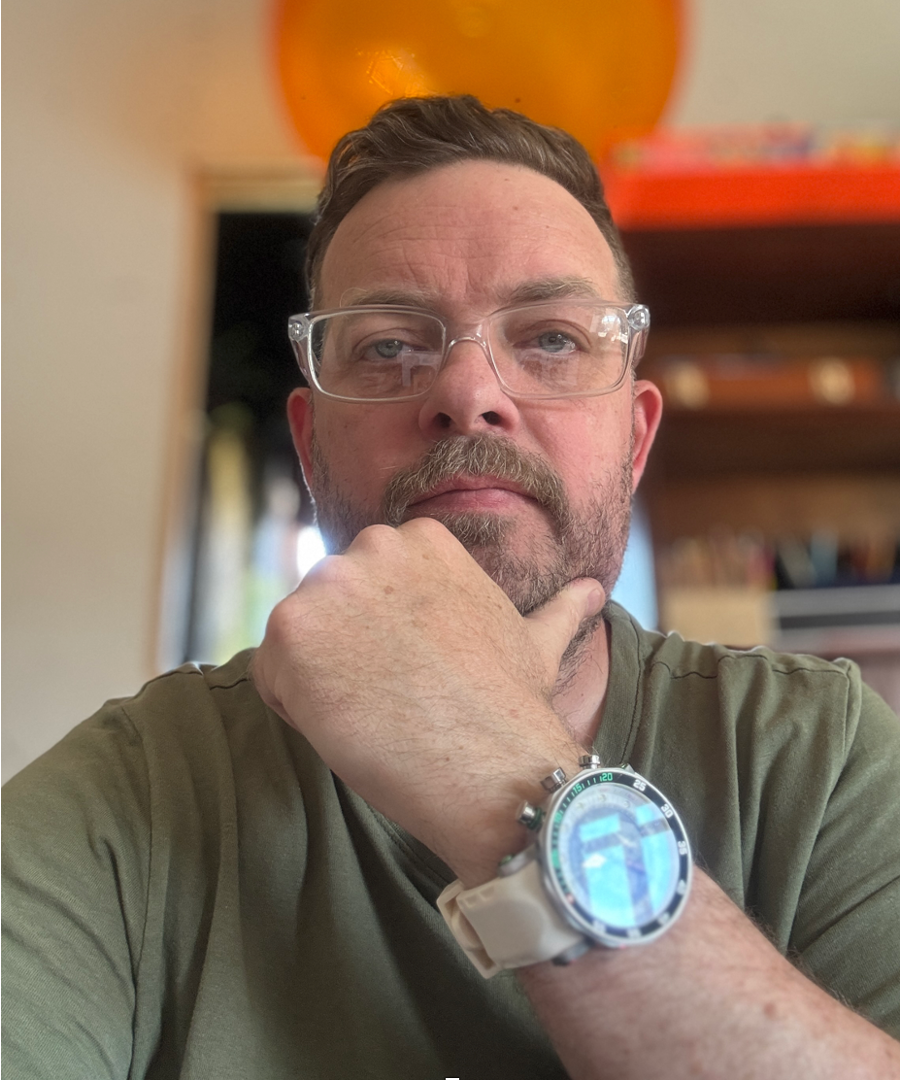Zero Emission Inland Waterways

About the Research
Understanding the energy needs of individual vessels in real time, to explore the development of the necessary infrastructure.

The Problem

The Research Aim

The Vision

The Method Overview
Why it Matters

Inland waterway transport plays a vital role in reducing congestion and emissions from road freight, yet its decarbonisation remains significantly underdeveloped. The challenge isn’t just about cleaner propulsion systems — it’s about the lack of accessible, reliable, and scalable energy infrastructure along rivers and canals. Fixed charging or refuelling stations are often impractical for diverse and unpredictable vessel movements. Without a new approach to supplying energy — whether electricity, hydrogen, or alternative fuels — the sector risks stagnation and continued reliance on fossil fuels.
This research aims to develop a dynamic, scalable framework for supplying clean energy to commercial inland waterway vessels, using real-world data and operational modelling. The focus is on enabling electrification and low-carbon fuel use by overcoming infrastructure barriers — not by relying solely on fixed shoreside solutions, but by exploring adaptive supply methods like dynamic energy resupply and smart scheduling platforms. By understanding actual vessel energy demand and movement patterns, the long term goal is to design a solution through research that supports both decarbonisation and operational flexibility.
Imagine a river network where vessels can decarbonise without being tied to limited infrastructure and energy supply and storage. This research envisions a flexible, predictive energy delivery system that meets vessels where they are — using a combination of fixed hubs, dynamic charging, utilising real-time energy demand modelling. Such a system would remove a critical barrier to zero-emission adoption, making it viable for a wide range of vessel types and operational profiles. The long-term goal is to provide a blueprint that’s scalable across Europe’s inland waterways and adaptable to different national contexts.
The project combines data-driven analysis, modelling, and stakeholder engagement. It will map and model energy demand across the Thames, Danube, and Rhine using AIS vessel movement data, vessel and engine specifications, and duty cycle profiling. Because much of this data isn’t readily available, the project includes building a platform to collaborate with vessel operators directly — gathering real-world operational data to inform and validate the models. From this, simulations will test the effectiveness of different energy delivery strategies under varying operational and seasonal conditions.
Decarbonising inland waterway transport is critical to meeting national and international climate targets — but without the right infrastructure, even the best propulsion technologies can’t gain traction. This research will offer a practical route to enabling cleaner vessel operations, unlocking the latent sustainability potential of the inland waterway transport sector. It not only supports emissions reduction, but strengthens the case for greater modal shift from road to river, easing urban congestion and improving air quality. Ultimately, it helps ensure inland waterways remain viable, competitive, and future-proof.
Hi, I'm Paul
I'm a Class One Marine Engineer with over 20 years experience across maritime and related engineering sectors and I'm now using that experience as a PhD Researcher at Newcastle University

Industry Background
I have over two decades of hands on experience in marine engineering, leading operations across a wide range of commercial marine sectors. My time in industry has given me a deep understanding of the practical challenges facing vessel operators — especially when it comes to energy, reliability, and infrastructure.
Academic Journey

After transitioning from industry, I received a 1st with Honours in Industrial Design, followed by a Master’s in Renewable Energy and Sustainable Technologies. I’m now undertaking a PhD at Newcastle University, where Im looking to combine technical research with a real-world focus on decarbonising inland waterway transport.
I’ve seen first-hand how hard it is to decarbonise without the right infrastructure. This research gives me the opportunity to design practical solutions that can actually work — helping the maritime sector move forward without losing sight of what operators really need.
Why this Project Matters to Me

Vessel Operator and Industry Portal
Coming Soon!

I'm developing a dedicated portal to engage directly with vessel operators, fleet managers, and industry stakeholders across the Thames, Danube, and Rhine. The aim is to gather real-world vessel data — including engine specifications, vessel characteristics, operational patterns, and typical energy use — to help build an accurate, scalable model of inland waterway energy demand across the main European inland waterways.
All data will be managed securely, anonymised where required, and used strictly for non-commercial, academic research in line with GDPR and ethical research standards.
This is your opportunity to contribute to shaping practical decarbonisation strategies that reflect the realities of vessel operation. If you’re interested in participating, contributing data, or just staying informed, please get in touch or sign up for updates.
Get Involved
Your expertise and insights can help shape sustainable solutions for inland waterways
The success of this research depends on the insight, experience, and engagement of the inland waterway community. Whether you’re a vessel operator, port authority, industry stakeholder, or technology provider, your input can make a critical difference. By sharing operational data or collaborating in other ways, you’ll help shape realistic, data-driven solutions for decarbonising inland waterways. If you’re interested in contributing, staying informed, or exploring partnership opportunities, please register your interest using the form below — I’d love to hear from you.
I’ve seen first-hand how hard it is to decarbonise without the right infrastructure. This research gives me the opportunity to design practical solutions that can actually work — helping the maritime sector move forward without losing sight of what operators really need.
Collaboration Opportunities

Want to follow the progress of this research? Sign up to receive occasional updates, insights, and opportunities to contribute as the project evolves — no spam, just meaningful developments - and you can opt out at anytime.
Stay updated

Contact for More Information
Have a question, idea, or want to explore how you can support the research? Use the form to get in touch — I welcome input from across the inland waterway community.











